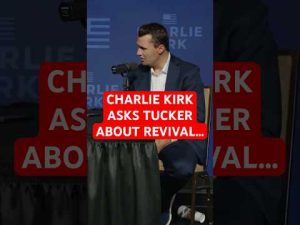In today’s political climate, the concept of motive in a crime becomes a pivotal point of discussion, especially from a media perspective. The recent exchange between CNN’s Kaitlan Collins and Senator Ted Cruz underscores this delicate dance between media interpretations and political accountability. Cruz’s interaction with Collins shines a spotlight on a larger issue at play — the reluctance to name a motive and the implications it holds in public discourse.
A central claim in this exchange was CNN’s apparent hesitation to declare a motive, even when evidence suggests a specific ideological leaning. Cruz was quick to highlight this discrepancy, pointing out what he saw as a deliberate evasion. This hesitation creates frustration not only among politicians but also regular people who follow these stories closely. Cruz, representing a substantial portion of the American public, sees this as an avoidance tactic by the media, which some regard as being overly cautious to the point of obfuscation.
From a common-sense standpoint, the refusal to address clear motives, especially when related to ideological or political affiliations, can lead to confusion. People crave straightforward information, and when it seems like the media is skirting around the heart of the matter, it erodes trust. Cruz adeptly voiced this concern, reinforcing the idea that the narrative should be aligned with the evidence at hand.
Collins’s position, insisting on the legal standard of needing definitive law enforcement declarations, highlights the tension between journalism and politics. While legal processes require thorough examinations before drawing conclusions, it leaves a gap that media outlets must navigate responsibly. Cruz’s critique suggests that in doing so, they may sometimes miss the forest for the trees, prioritizing caution over clarity.
Ultimately, this debate is emblematic of a broader dissatisfaction with how motives are communicated to the public. Cruz’s stance resonates with those who value transparency and quick, clear information. Whether one agrees with Cruz or not, his pressing questions and insistence on accountability speak to a wider demand for a straightforward approach in news reporting — one that respects both legal frameworks and the intelligence of the American populace.







